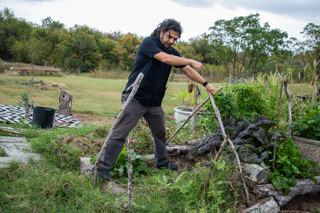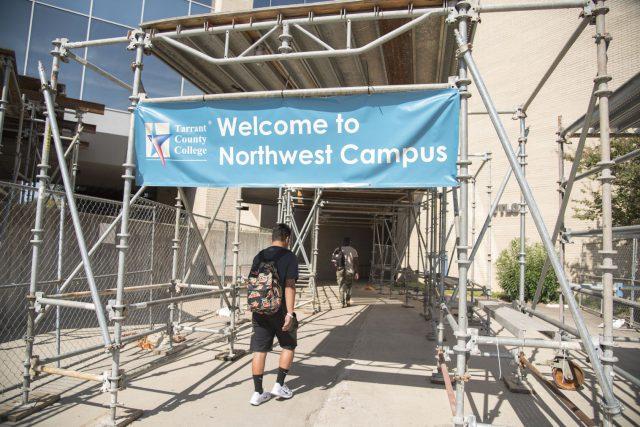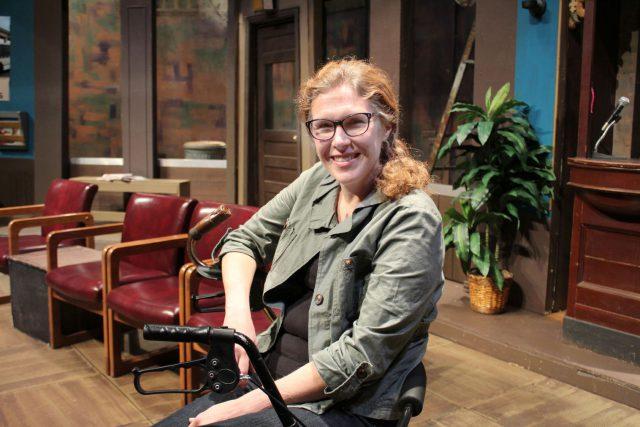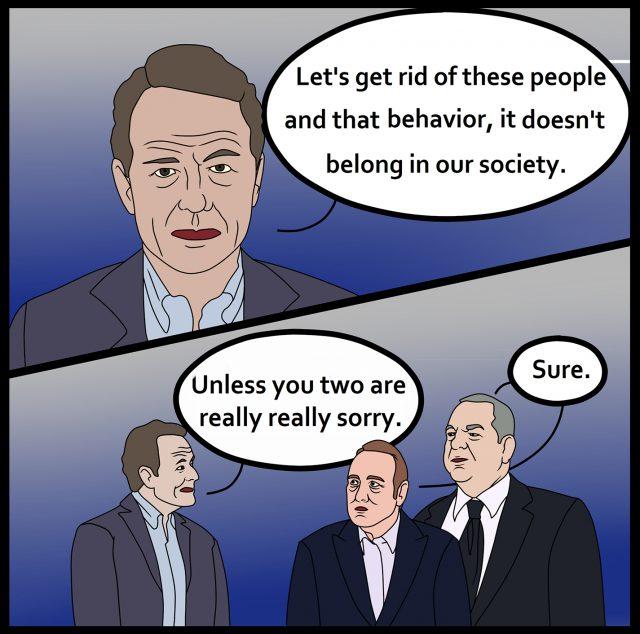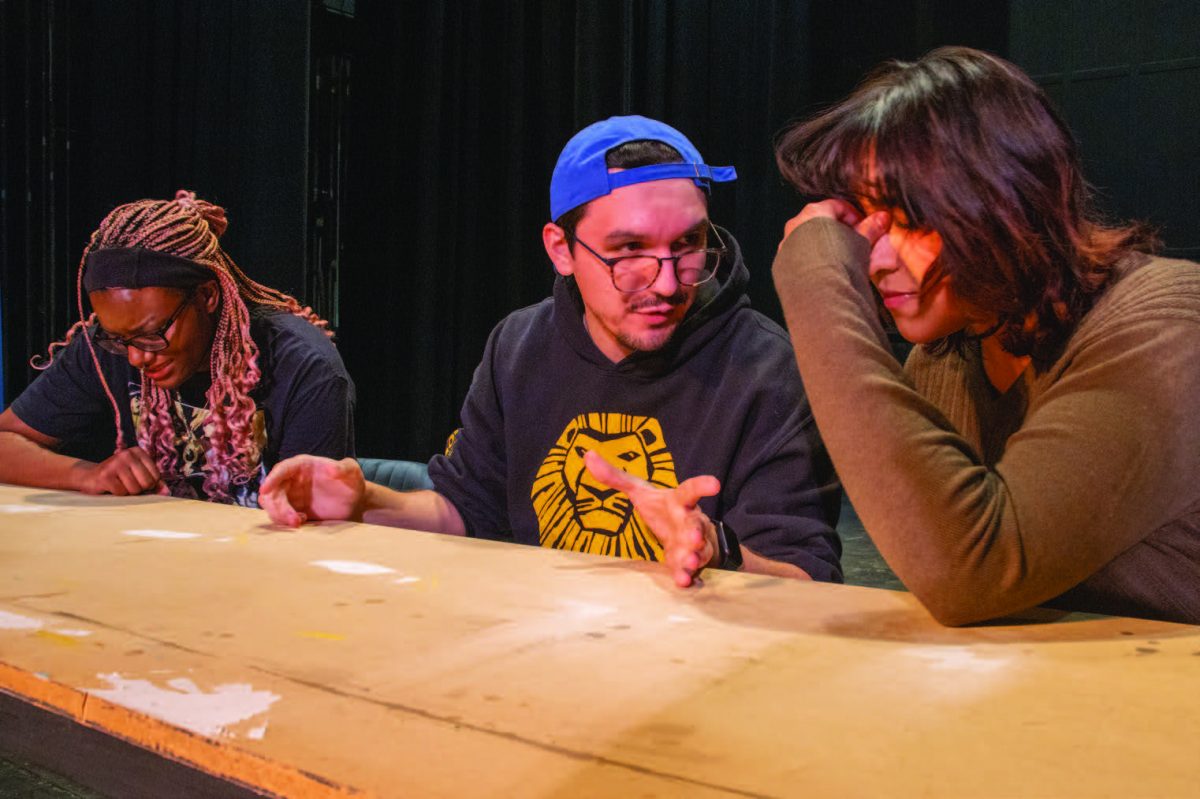By Bailey Garrison/reporter
The National Endowment for the Humanities and SE Campus organized a discussion about how veterans transition back into civilian life Oct. 15.
Following a screening of Searching for Home: Coming Back From War, SE English instructor Arlandis Jones discussed military stressors that veterans face returning home. Jones served in the Army during a 13-month deployment in Iraq before becoming an instructor at sea for the Navy and then a TCC instructor.
“Everyone has a purpose for joining the military. My calling was Uncle Sam and student loans,” Jones said. “But the military did more for my personal development and character than I could have imagined.”
Jones identified risk factors for veterans, including social isolation, divorce, difficult transitions, lack of education, children, multiple generations and mental health.
“There is a high rate of suicide in soldiers due to these factors,” Jones said. “It is a play on our psyche. I know I am entering a danger zone, but I have prepared myself for it.”
He referred to Charles Figley and William Nash’s 2007 research titled Combat Stress Injury that said, “Soldiers suffer from operational, cognitive, emotional, social and spiritual stress.”
Adding his point of view was veteran William E. Johnson, who said war scars are always present.
“You are searching for justification,” Johnson said. “Killed or be killed. It is that basic. You never get over it. You just learn to live with it inside.”
Along with these stressors of war comes post-traumatic stress disorder.
“Soldiers are afraid to admit that they have a mental health problem,” Jones said.
If a veteran shows signs of PTSD or depression, Veterans Affairs resources are available on campus, and counselors can provide professional help if a veteran needs it.
















